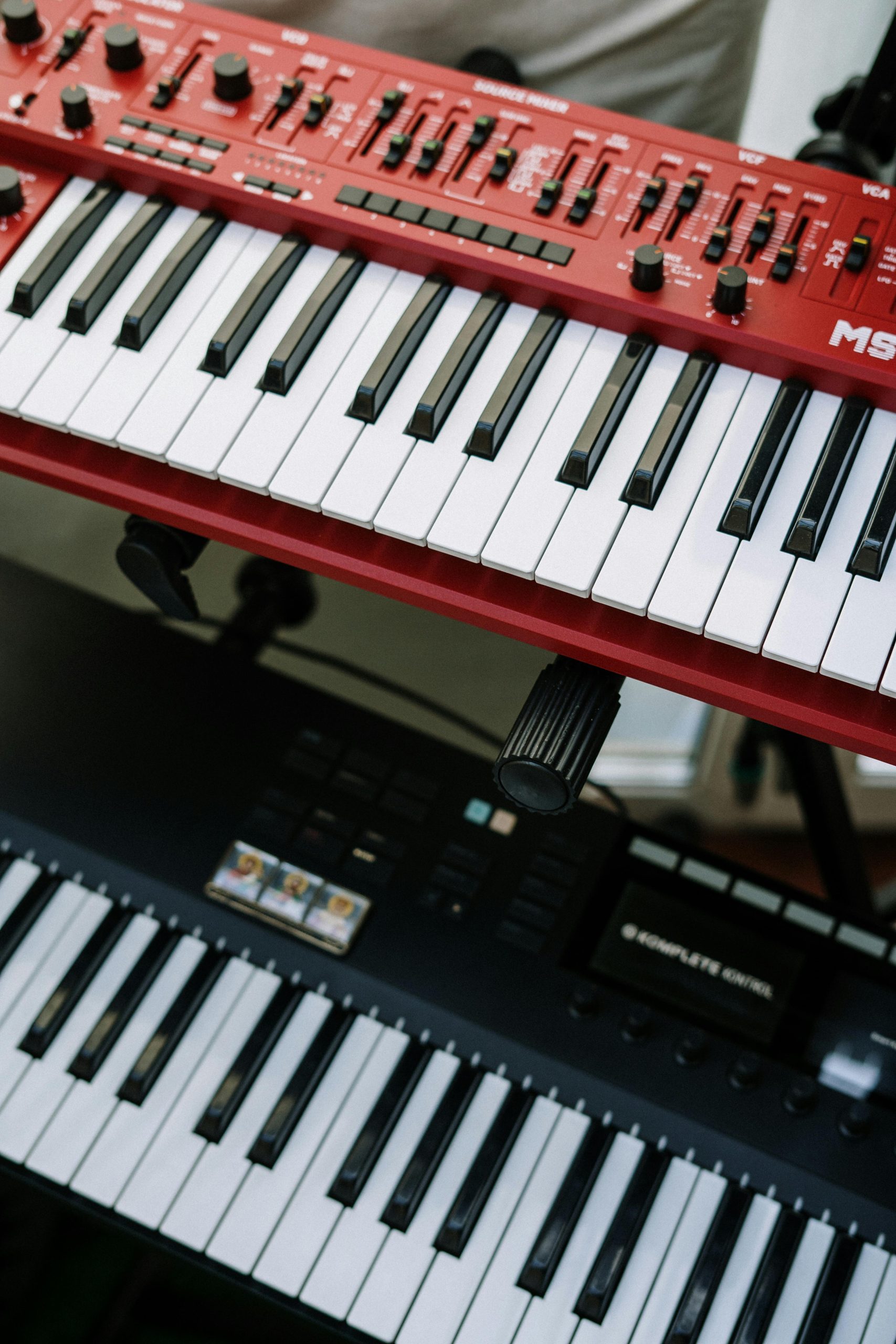Music pitching is a vital step for any indie musician aiming to get real exposure in today’s competitive industry. Without a strategic approach to music pitching, even the most talented artists struggle to break through the noise. In this article, we’ll explore seven passionate music pitching moves that can help you gain the attention your music deserves and propel your career forward. Whether you’re a newcomer or looking to refine your pitching strategy, these moves will elevate your game.
1. Know Your Audience Inside Out
Before you start any music pitching effort, it’s crucial to understand who your target audience is. Are you pitching to playlist curators, radio stations, bloggers, or influencers? Each group has different tastes and preferences. Tailoring your pitch to meet their specific interests increases your chances of success. Research their past playlists, articles, or shows and align your music pitching accordingly.
2. Craft a Compelling Story
Music pitching is not just about sending a track; it’s about telling a story that connects emotionally. Your story should include your artistic journey, the inspiration behind your song, and what makes your sound unique. A compelling narrative helps curators and industry professionals relate to your music on a deeper level, making your pitch memorable.
3. Personalize Every Pitch
One of the biggest mistakes in music pitching is sending generic emails or messages. Personalized pitches show respect for the recipient’s time and interests. Use their name, mention their previous work, and explain why your music fits their platform. This effort in personalization distinguishes you from the hundreds of other musicians sending cold pitches.
4. Use High-Quality Audio and Visuals
In music pitching, first impressions count. Ensure your music is professionally mixed and mastered before pitching. Additionally, include high-quality visuals such as album art or a lyric video. These elements showcase professionalism and make your pitch more attractive, increasing the chances of your music being listened to and shared.
5. Leverage Social Proof
Music pitching becomes easier when you have social proof to back your claims. Include data like streaming numbers, previous playlist features, or media coverage in your pitch. Testimonials or quotes from industry professionals can also add credibility. Social proof demonstrates that others have already recognized your talent, encouraging curators to give your music a chance.
6. Follow Up Thoughtfully
A polite and well-timed follow-up is a crucial move in music pitching. Many pitches go unnoticed simply because of lack of follow-up. Wait at least one to two weeks after your initial contact before sending a friendly reminder. Keep your follow-up concise, respectful, and reiterate your enthusiasm for sharing your music.
7. Build Genuine Relationships
The most passionate and effective music pitching comes from building real connections, not just transactional interactions. Engage with curators and influencers on social media, attend industry events, and support other artists. These genuine relationships often lead to long-term collaborations and increased exposure beyond a single pitch.
The Power of Consistency in Music Pitching
Consistency is key in music pitching. Repeatedly applying these moves while continuously improving your approach will increase your chances of breaking through. Treat music pitching not as a one-time task but as an ongoing process of sharing your passion with the world.
In conclusion, music pitching requires dedication, strategy, and genuine passion. By knowing your audience, crafting compelling stories, personalizing pitches, providing high-quality content, leveraging social proof, following up thoughtfully, and building real relationships, you can turn your music pitching efforts into real exposure. Keep pushing forward with these moves, and you’ll see your music reach the ears and hearts it deserves.
